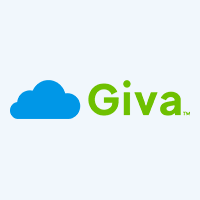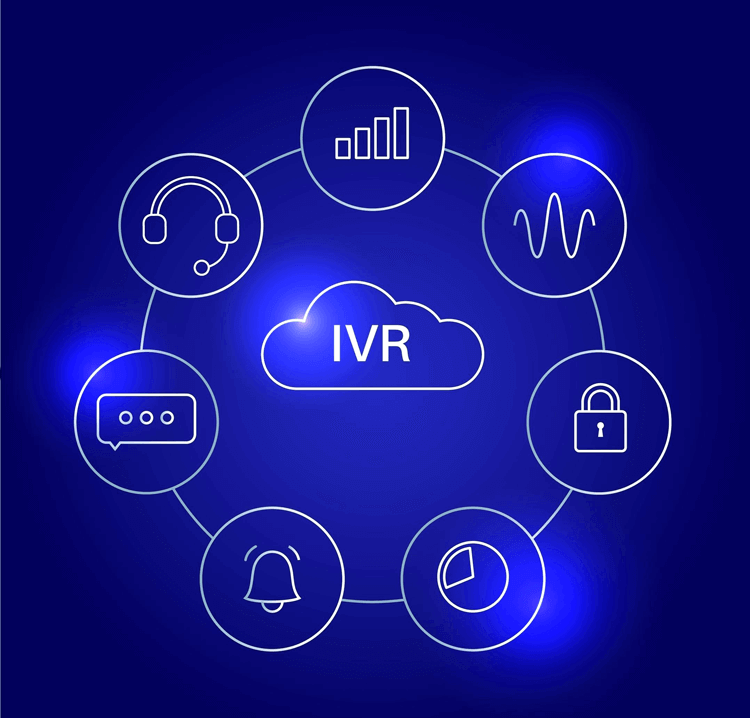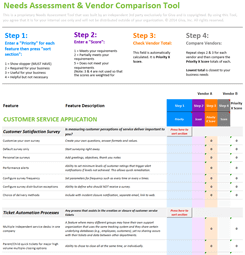Call Center Training Fully Examined: Benefits, Types and How-To Best Practices
Call center training is one of the most critical investments an organization can make to improve customer satisfaction, boost employee performance, and drive operational efficiency.
Whether with new agents or a seasoned team, the right training strategy lays the foundation for success in every customer interaction.

What Is Call Center Training?
Call center training is the structured process of preparing customer service representatives to handle calls effectively, resolve customer issues, and deliver exceptional service experiences. It encompasses everything from onboarding new hires to providing ongoing coaching and performance improvement.
A well-designed call center training program covers:
- Technical skills, like using call center software and following scripts
- Soft skills such as communication, empathy, and active listening
It ensures agents understand company policies, product knowledge, and how to manage challenging customer interactions.
Modern training methods often include blended learning formats. These combine instructor-led sessions with e-learning for call centers, real-world simulations, and role-playing activities. The goal is to build confidence, consistency, and competency across your agent workforce. This ultimately can help improve call center quality assurance and customer experience metrics.
Why Call Center Training Matters: Key Benefits
Implementing a comprehensive call center training program not only improves agent performance, it can also directly impact your bottom line.
Here are the top benefits of prioritizing training in your call center operations:
-
Improved Customer Satisfaction
Trained agents deliver faster, more accurate responses, leading to better customer experience metrics and increased loyalty. When agents know how to handle inquiries confidently, customers notice, and stay.
Did you know? According to a McKinsey report through Giva's List of 24 Top Call Center Statistics for 2025, incorporating speech analytics into your operations can increase customer satisfaction scores by up to 10%, making it clear that data-informed training matters.
-
Higher First Call Resolution (FCR) Rates
Effective call center coaching empowers agents to resolve issues on the first call. This reduces repeat contacts, shortens handle times, and enhances overall efficiency.
-
Increased Employee Retention and Engagement
Structured onboarding and training help new hires feel confident and supported from day one. Ongoing development opportunities like soft skills training and upskilling contribute to long-term engagement and job satisfaction.
Did you know? Incorporating AI-powered support tools can help agents save up to 2 hours and 20 minutes per day.
-
Better Compliance and Risk Management
Training helps agents follow industry regulations and internal policies, reducing legal risks and ensuring call center quality assurance. Consistency is key, especially in highly regulated industries like healthcare and finance.
-
Faster Ramp-Up for New Hires
A strong training curriculum can dramatically shorten the time it takes for new agents to become productive. With clear goals and guided practice, new hires reach proficiency quicker and with fewer errors.
-
Enhanced Brand Reputation
Your call center is often the front line of your brand. Well-trained agents reflect your values, tone, and professionalism, leading to a stronger reputation and positive word-of-mouth.
Did you know? Training helps agents consistently deliver empathetic, professional service, an essential differentiator in the rapidly expanding global call center industry, which is projected to reach $500.1 billion by 2030.
-
Data-Driven Performance Improvements
Training aligned with KPIs like Average Handle Time (AHT) and Customer Satisfaction scores (CSAT) helps agents see the "why" behind their goals. When training is tied to performance metrics, improvements are measurable and meaningful.
Read More: Giva's List of 24 Top Call Center Statistics for 2025
Types of Call Center Training Programs
An effective call center training program isn't one-size-fits-all. It should be tailored to different stages of the agent journey and the specific skills required for success. Here are the most common and essential types of training used in modern call centers:
-
Onboarding and Orientation
This foundational training introduces new hires to company policies, systems, and service standards. It typically covers your call center software, internal tools, escalation paths, and a high-level overview of the customer service strategy.
The goal is to set expectations early and help agents ramp up quickly.
-
Soft Skills Training
Agents need not only knowledge but empathy, patience, and communication finesse as well. Soft skills training focuses on listening, tone, emotional intelligence, and conflict resolution to promote high-quality interactions.
-
Technical Skills Training
This type of training helps maintain agents' proficiency with the systems and processes they'll use daily. That includes CRM platforms, call routing systems, ticketing tools, and any integrations that support customer interaction workflows.
-
Product and Service Knowledge
Agents should fully understand the company's offerings so they can answer questions with authority and confidence. This training is ongoing and often updated to reflect product changes, feature releases, or service adjustments.
-
Role-Playing and Scenario-Based Learning
By simulating real customer calls, agents practice responses to both common and complex scenarios. These exercises are critical for reinforcing both soft skills and decision-making under pressure.
-
Compliance and Quality Assurance Training
For industries like healthcare, finance, or technology, training must cover data security, privacy laws, and internal compliance protocols. It also includes how to meet call center quality assurance benchmarks like adherence and script compliance.
-
Ongoing Coaching and Upskilling
Beyond initial training, agents benefit from ongoing development like call reviews, performance feedback, and opportunities to learn new responsibilities. This fosters career growth and supports retention.
-
Blended Learning Formats
Today's best training programs combine live sessions, e-learning for call centers, video modules, and interactive quizzes. This blended learning approach ensures knowledge retention while offering flexibility across time zones and learning styles.
8 Proven How-To Best Practices for Effective Call Center Training
Great call center training empowers as well as teaches. The best programs evolve alongside technology, customer expectations, and team needs. Here are some of the most effective strategies used by high-performing contact centers today:
-
Personalize Training to Roles and Skill Levels
Not every agent needs the same training. Segment your approach by new vs. experienced reps, technical vs. support teams, and frontline vs. escalations.
A targeted call center training program keeps agents from being overwhelmed and allows them to focus on what matters most for their role.
-
Use Real Call Recordings for Contextual Learning
Listening to real customer interactions helps agents understand tone, language, and decision-making in live scenarios.
Pair this with call center quality assurance reviews to highlight both strong examples and areas for improvement.
-
Incorporate Blended Learning for Flexibility and Retention
Combine instructor-led sessions, e-learning for call centers, quizzes, and role-play simulations to accommodate all learning styles.
Blended learning improves engagement and boosts long-term knowledge retention.
-
Focus on Soft Skills Development
While technical proficiency matters, empathy, patience, and tone shape customer perceptions. Include soft skills training like conflict resolution, active listening, and emotional intelligence in every curriculum.
-
Leverage Microlearning and On-Demand Content
Short, focused lessons on specific topics, like handling objections or navigating a new tool, are easier to retain and revisit.
Microlearning modules work well in fast-paced call center environments where time is limited.
-
Gamify Training to Increase Engagement
Use point systems, leaderboards, and achievement badges to make training fun and interactive.
This can increase participation, especially among new hires in onboarding and training programs.
-
Offer Continuous Coaching and Feedback
Training shouldn't stop after the first 30 days. Regular coaching sessions, one-on-one reviews, and QA audits help agents refine their skills and feel supported.
-
Track Performance and Align Training with KPIs
Use real-time data from your call center software to guide training needs. For example, high AHT or low FCR may indicate a need for refreshers in certain areas.
Training tied to customer experience metrics creates a culture of accountability and growth.
The Bottom Line: Call Center Training Is the Backbone of Exceptional Service
Effective call center training needs to go beyond simply creating a checklist. It also requires a long-term strategy that drives performance, customer satisfaction, and operational success. Whether you're onboarding new agents or upskilling a seasoned team, a strong training program improves every interaction.
Giva Brings Streamlined Customer Support Software
Spend more time with your support personnel without worrying about your support software!
Giva's Customer Service Software supports your training efforts with built-in tools for quality assurance, real-time reporting, and performance analytics, helping leaders identify trends, coach effectively, and continuously raise service standards.
Have a look at our comprehensive set of how-to demos and cool features.
Ready for more? Get a free demo to see Giva's solutions in action, or start your own free, 30-day trial today!





